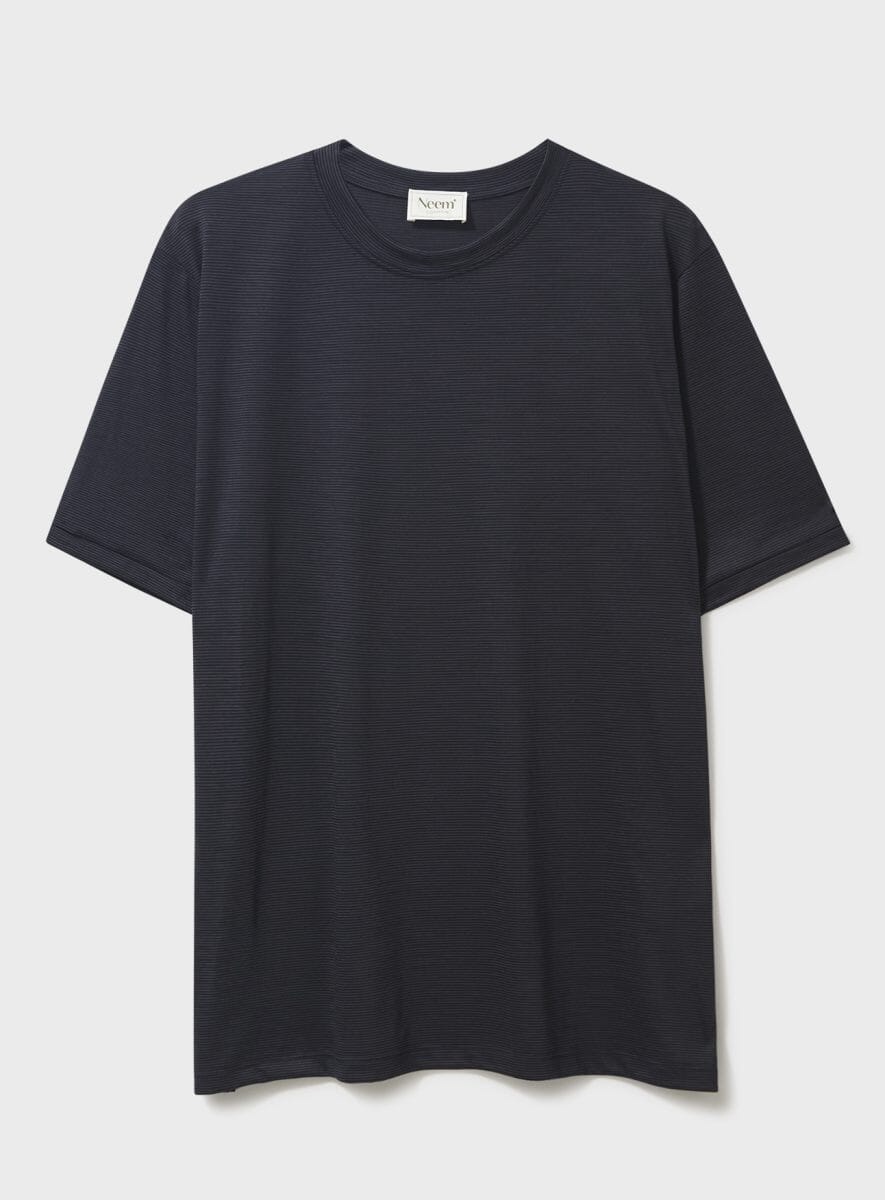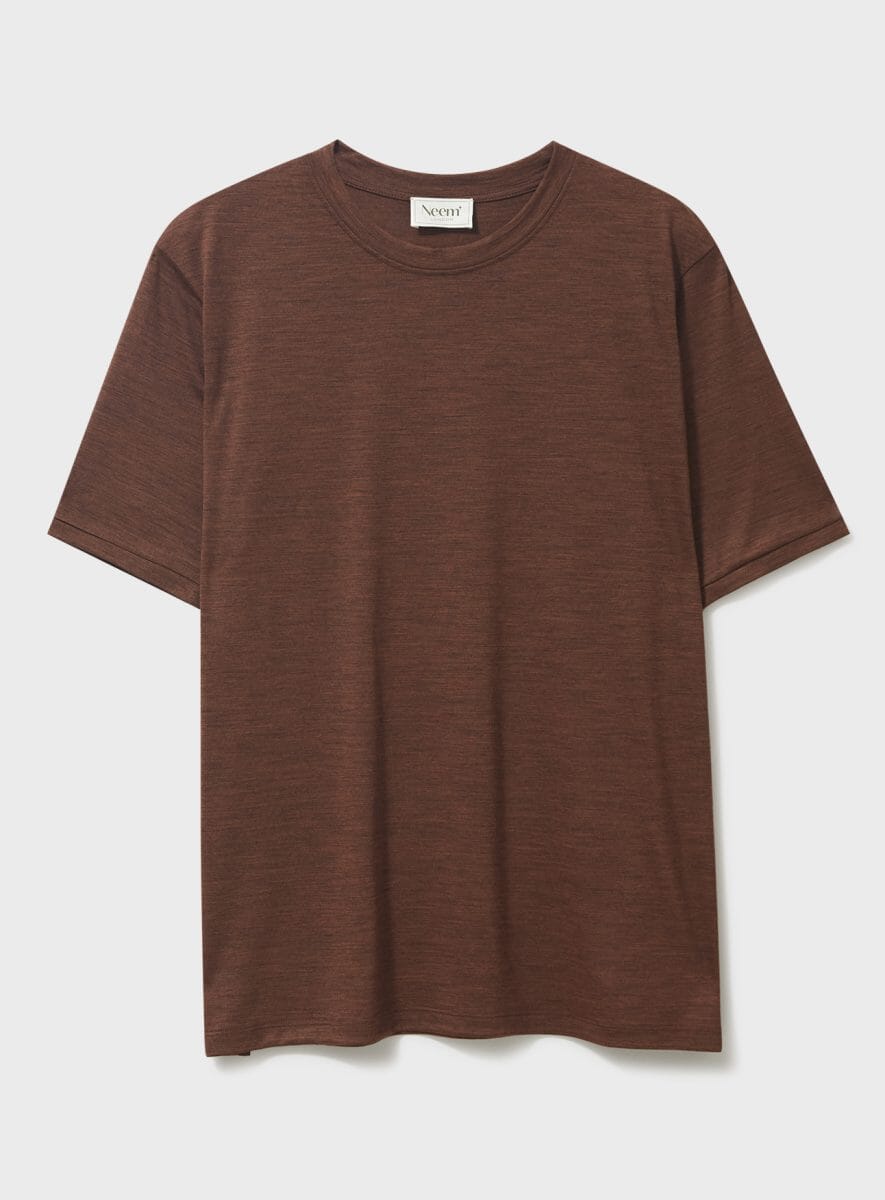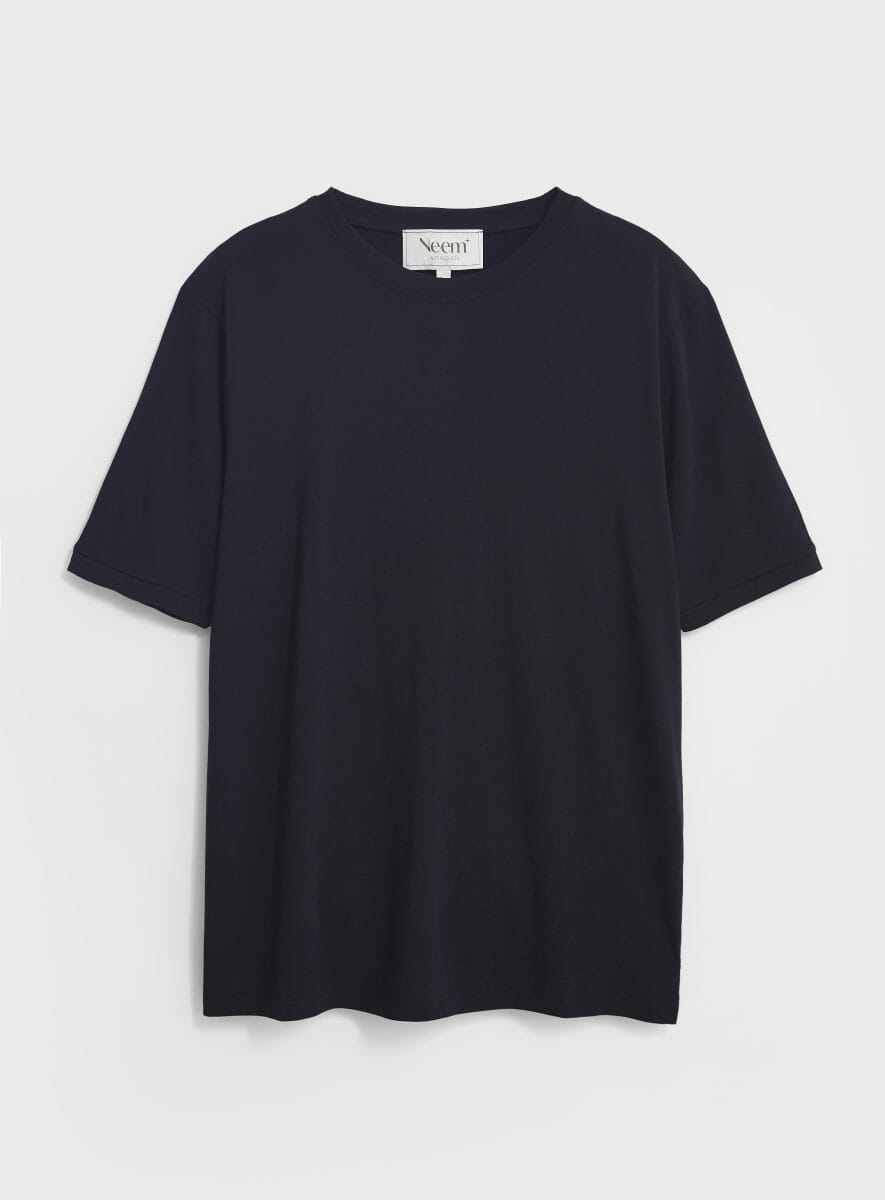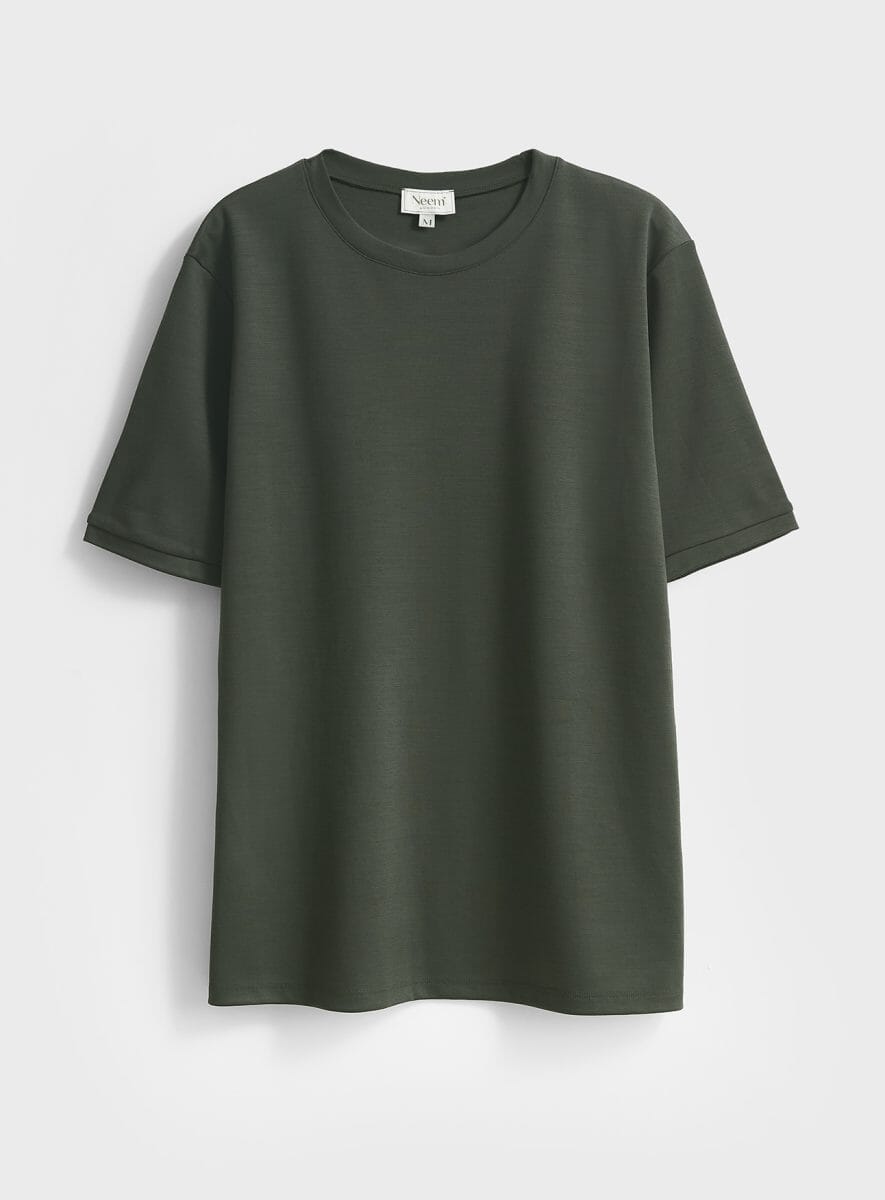After working in menswear for over 20 years, Nick Reed decided to launch his own label, with a different sort of approach. The result was Neem London. Named after a natural herb with healing properties, Neem was founded as an ‘antiseptic’ for fast fashion. The London-based brand fuses style and sustainability to create men's clothing staples that are ethically-made, comfortable and versatile.




The appeal of Neem lies in its ability to take an everyday staple – a simple crewneck T-shirt, say – and elevate it to a higher quality version with a significantly reduced environmental impact. Such is the case with one of Neem's bestselling items – the ZQ Merino T-Shirt. This revolutionary garment not only looks and feels great on, but it requires little to no washing, saving you valuable time and helping you to contribute to a greener future.




The T-shirts in question are ethically crafted in Italy from ZQ super fine Merino wool, a renewable and fully traceable fibre sourced from New Zealand farms that work according to regenerative agricultural practices. The result is a T-shirt that's biodegradable, fully recyclable and provides all the great performance characteristics of Merino wool. It’s warm in winter, cool in summer and – crucially – boasts exceptional moisture control and odour-resistant properties, allowing you to wear it for extended periods without frequent washing. What's not to love?




Here's a closer look at the impact of this innovative T-shirt:
- 69 days of drinking water saved: Traditional cotton t-shirts require gallons of water during production. You're conserving this precious resource by opting for the ZQ Merino T-Shirt.
- 483 hours of bulb energy saved: Merino wool is a low-energy fabric. By choosing this tee, you're indirectly reducing electricity consumption.
- 6.9 km of driving emissions avoided: Clothing manufacturing often involves transportation, contributing to carbon emissions. However, by investing in the ZQ Merino T-Shirt, you're reducing your carbon footprint and taking a step towards mitigating climate change.
- 1 shirt diverted from landfill: The fast-fashion industry is notorious for its detrimental environmental impact. Opting for a durable and long-lasting t-shirt like this prevents yet another garment from ending up in a landfill.




